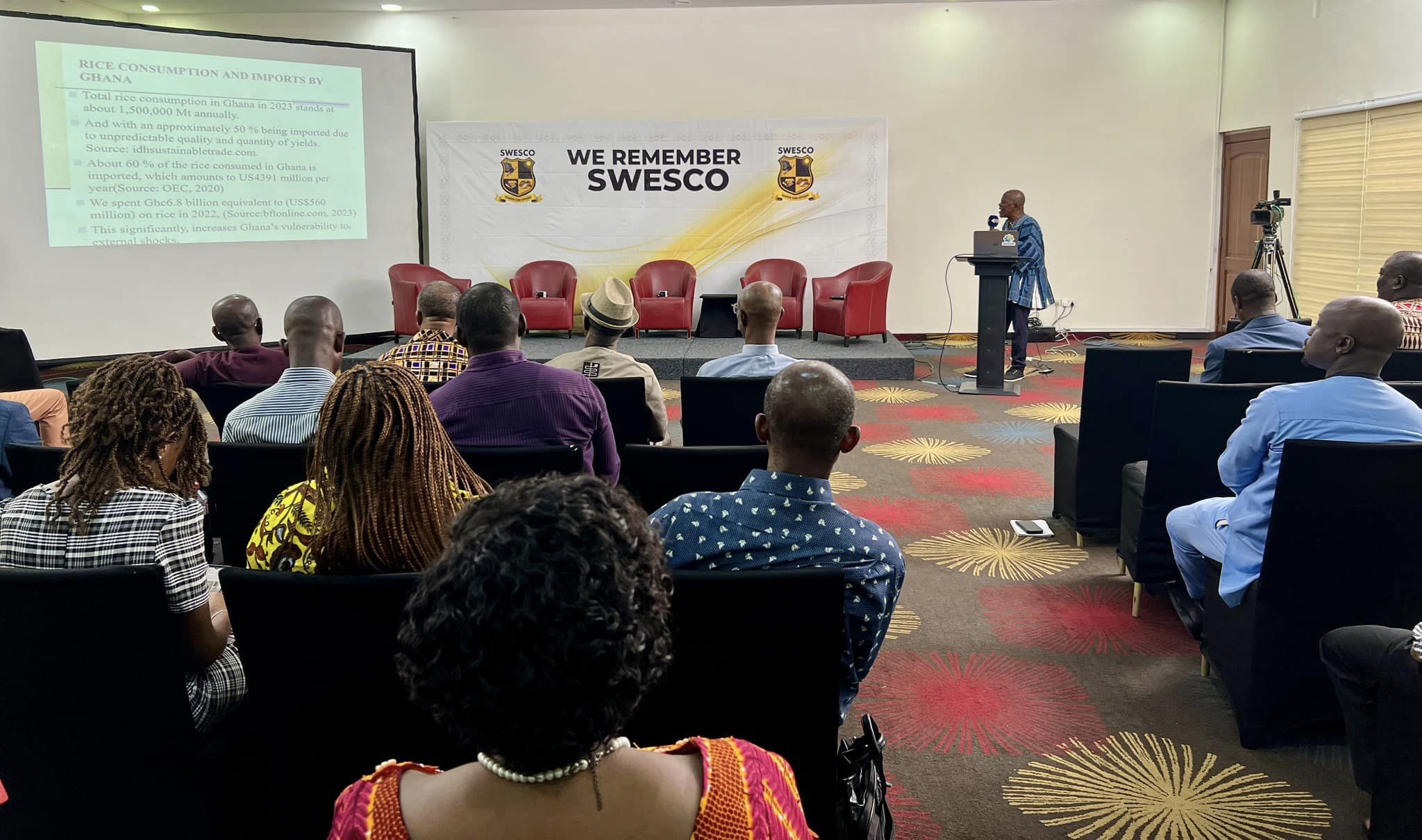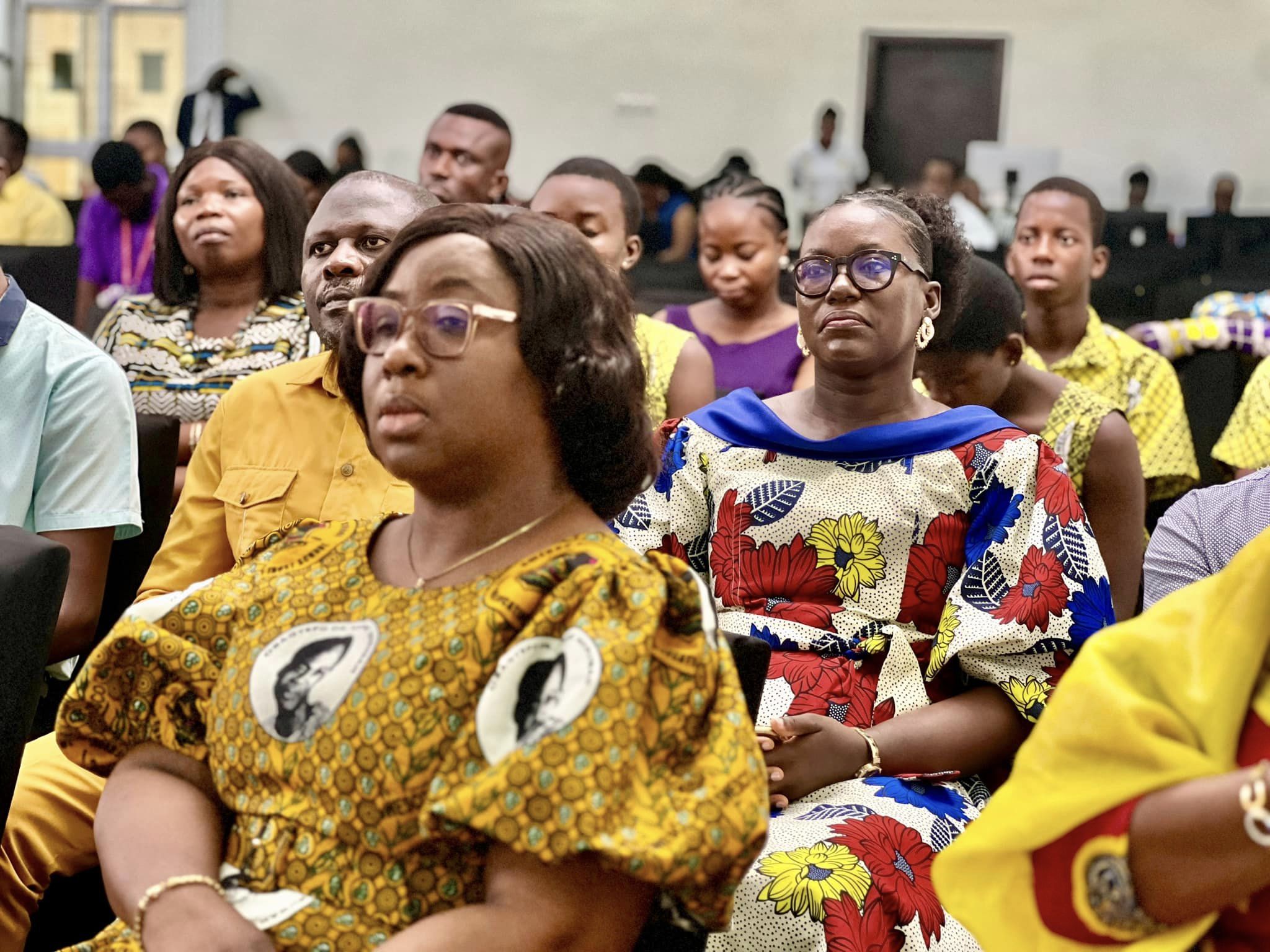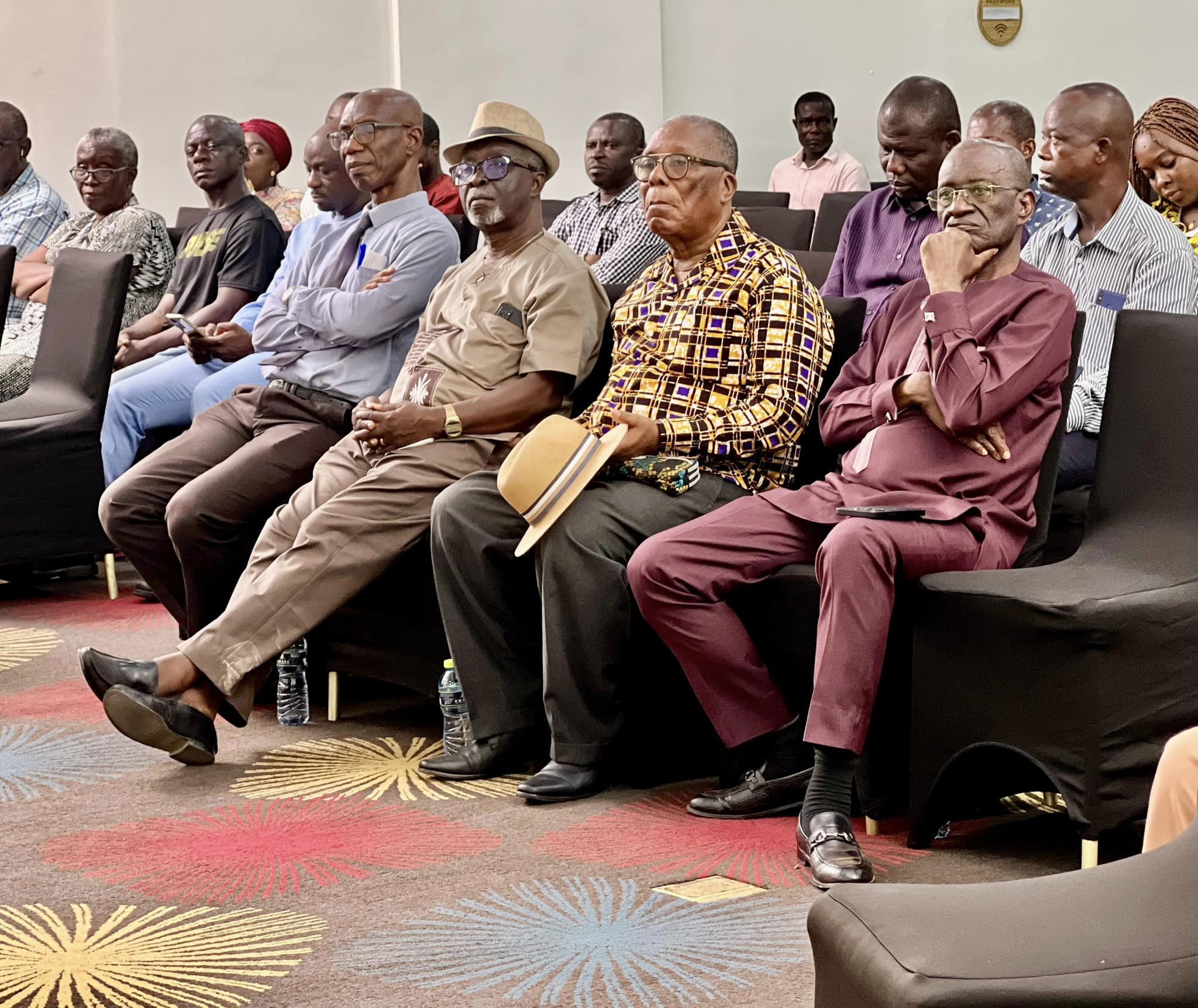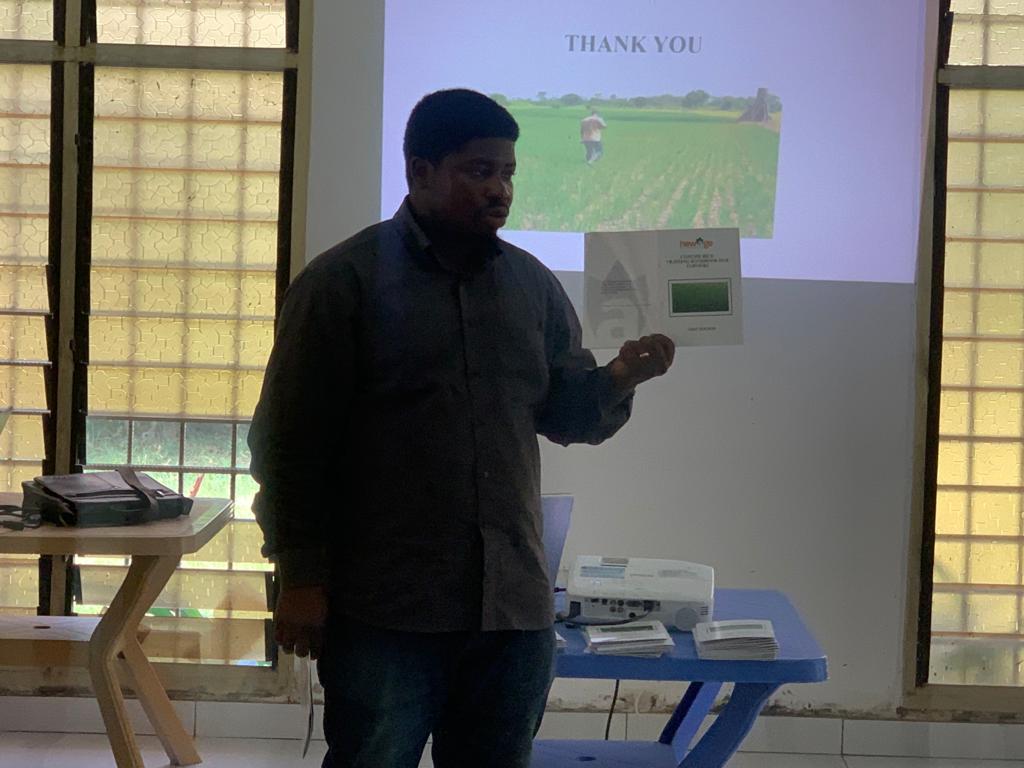
A former Research Scientist at the Savannah Agricultural Research Institute (SARI) of the Council for Scientific and Industrial Research (CSIR), Professor Roger Kanton, has urged Ghanaian farmers to take industrial action to advocate for reforms in the agricultural sector.
He believes that a proactive approach will compel the government to address the pressing challenges confronting the agricultural sector.
Prof. Kanton made the call during ‘The Swedru Conversations,’ themed ‘Feeding Ourselves as a Nation.’
The event is an annual thought leadership program organized by the Alumni Association of the Swedru Senior High School, which took place on Monday, February 12, 2024, at the Alisa Hotel in Accra.
Prof. Kanton encouraged farmers to consider protests as a means of drawing attention to their concerns.
He said European farmers have effectively used such a strategy to influence government policies.
Prof. Kanton emphasized the importance of farmers demanding tax exemptions on agricultural inputs, warehouses, and fertilizers.
“We need the removal of taxes on agricultural equipment. We also think that currently, we have a lot of taxes on virtually everything. If some taxes on agriculture can be waived off, it will help so that agricultural equipment can come in without being taxed, particularly fertilizers. If fertilizers are not taxed, you don’t have to put on subsidies so that we can all access them.”
“Every country in the EU is on demonstrations. I like the French farmers. When I was in school in the UK, they brought down two governments. If you don’t go their way, they throw you out. Like the Labour Unions in the UK, if you joke, they vote you out. If farmers come together and tell the minister or the president that we need this support, won’t they support it? Farmers vote, so farmers’ voices should be heard and when you put them in a cooperative along with a value chain they will work and make an impact. Farmers in all the EU countries have used tractors to block Parliament and blocked roads to the Prime Minister’s house, and it is working for them. We can also block Jubilee House, we just come with tractors and block from that side, so that nobody can move. They will listen to us. It’s not a fight, we are demanding what is ours.”
Observing Ghana’s inability to achieve self-sufficiency despite its agricultural potential, Prof. Kanton described the situation as a ‘failure’ and called for a shift towards positive defiance rather than lawlessness.
He expressed concerns over the substantial amounts spent on importing essential commodities such as rice, onions, tomatoes, maize, and other produce.
“After all these years, Ghana cannot boast of self-sufficiency, food, and nutrition security. Ghanaian farmers have comparative skills to produce rice, maize, soybeans, livestock, and poultry products so that we can be self-sufficient devoid of any outside imports. African governments have challenges, and including Ghana, we have paid lip services to support our hard-working farmers to produce everything we need. The policy on chemicals or fertilizers has failed woefully. Not lawlessness, but positive defiance,” he pointed out.
Prof. Kanton also highlighted Ghana’s status as the 90th importer of maize, stressing the need for strategic interventions to enhance domestic production.
He lamented the lack of a robust horticultural program, which has resulted in significant expenditures on imported tomatoes and onions.
“The total rice we consumed in Ghana in 2023 stands at one million, five hundred thousand metric tonnes. Annually we have been picking this from outside and approximately about 50% of them are being met locally. This means the other 50% will have to be imported, which means we have a problem. About 60% of rice consumed in Ghana is imported. That is a huge amount. This significantly increases Ghana’s vulnerability as a result of food security issues are concerned.”
Prof. Kanton called for concerted efforts to revitalize Ghana’s agricultural sector, emphasizing the importance of self-sufficiency and reduced reliance on imports.
“Ghana is the 90th importer of maize, which is not acceptable, and not very good. Tomato is another issue, we don’t even have a serious horticultural program in this country. Four hundred million dollars were used to import tomatoes, not even the paste. Which is also another ball game altogether. In 2021, we imported millions of onions. These are unacceptable figures. Why should China, Niger, and the Netherlands be exporting onions to us when we should be exporting to them?” he lamented.
——–
Explore the world of impactful news with CitiNewsroom on WhatsApp!
Click on the link to join the Citi Newsroom channel for curated, meaningful stories tailored just for YOU: https://whatsapp.com/channel/0029VaCYzPRAYlUPudDDe53x
No spams, just the stories that truly matter! 
 #StayInformed #CitiNewsroom #CNRDigital
#StayInformed #CitiNewsroom #CNRDigital
The post Demand reforms in agric sector through industrial action – Prof Kanton to farmers appeared first on Citinewsroom - Comprehensive News in Ghana.
Read Full Story


























Facebook
Twitter
Pinterest
Instagram
Google+
YouTube
LinkedIn
RSS